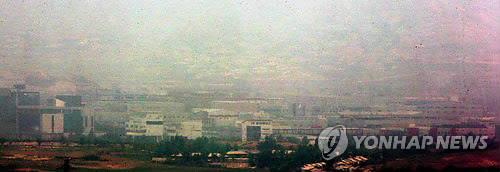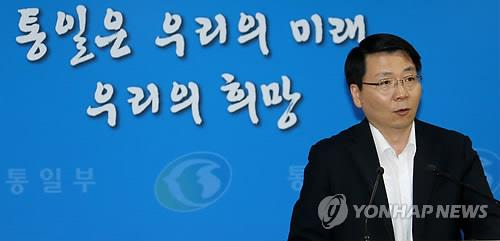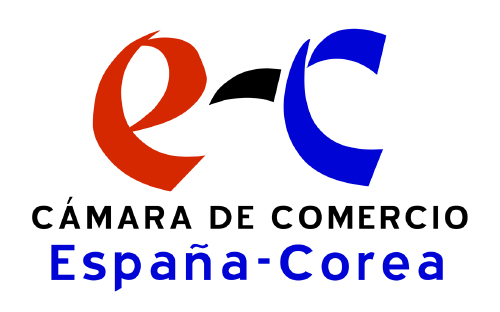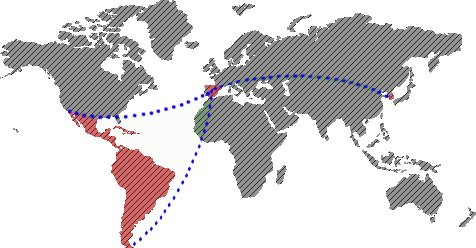SEOUL, July 29 (Yonhap) -- South Korea on Monday sent an official message to North Korea offering "final talks" to discuss the normalization of a suspended inter-Korean industrial complex in the North's border town of Kaesong.
The Ministry of Unification, which handles cross-border relations, said the message was sent via the communication line at the neutral border village of Panmunjom and was received by North Korea. It said no date or location for the talks was proposed.
"The message calls on the North to respond promptly to the talks proposal," the ministry said, adding that the North gave no response during the day and did not ask to extend the time that the communication line remains open. Ordinarily the South-North communication line is maintained from 9 a.m. through 4 p.m. The lack of response may indicate Pyongyang is taking its time to review what actions to take in response to Seoul's latest talks proposal.
The message sent follows comments made by Seoul's Unification Minister Ryoo Kihl-jae on Sunday, who called for a conclusive meeting to iron out all outstanding differences that were not resolved during the previous six rounds of negotiations held throughout the month.
The minister said if the North fails to give a clear response on the safeguard issue, Seoul will be left with no other choice but to make a "grave" decision. The official did not elaborate on what actual measures can be taken but it may entail the closure of the complex, the last remaining symbol of rapprochement between the two Koreas.

The Kaesong Industrial Complex that first started churning out products in late 2004 has remained shuttered since early April after the North unilaterally withdrew its workers from the 123 South Korean companies operating there amid heightened tensions on the peninsula. The North cited provocations by the South including insults against the dignity of its leadership and military drills.
Talks effectively broke down on Thursday with Pyongyang warning that its military can take control of the industrial park located just north of the demilitarized zone that separates the two countries.
The two sides have made little significant headway to reopen the factory zone due to preconditions for resuming operations there. Seoul has steadfastly demanded safeguards to prevent another recurrence of a unilateral shutdown, while Pyongyang has insisted on the park's immediate resumption and skirted blame for the current stoppage that is estimated to have resulted in losses up to 1.05 trillion won (US$946 million) to South Korean firms.
Related to the message, ministry spokesman Kim Hyung-suk told reporters earlier in the day that Seoul's position remains firm that the North must take actions to permit for "constructive development" of the Kaesong park to transform it into a globally competitive manufacturing center.
"Seoul's stance is that the North must make clear it will not restrict movement in and out of the complex or unilaterally pull out workers as it did in the past," he said.
The official said that the government is waiting for the "right response" by the North.
Kim added that plans to allow five civic groups to provide humanitarian aid to the North are progressing according to schedule. The groups plan to send clothing and medicine for children and flour and equipment for the physically handicapped. The groups also plan to send representatives to the North in the coming weeks to see if the aid has reached the intended recipients.

North Korea watchers in Seoul, meanwhile, said that they are carefully watching what action the North will take.
"Because the North rejected demands for safeguards last week, it may again reject the 'final proposal' outright in which case Seoul can take the next step that may result in the eventual closure," said a researcher at a state-run think tank. Such a move can have far-reaching consequences for inter-Korean relations, and the government in Seoul has so far been reluctant to confirm if it will close the complex.
On the other hand, the expert, who wanted to remain anonymous, said the North may offer a counterproposal that would compel the South to make a decision.
"The two Koreas have been making proposals and counterproposals for the past few months to gain the upper hand in talks and make it look like it is the champion of the dialogue, so it is possible the North will take this step," he said.
Other observers said because of the fallout, neither side wants to make the first step to pull out of the joint venture, which was the result of the historic inter-Korean summit meeting in 2000. Many, however, expressed skepticism that unless one side makes concession on the safeguard issue, future talks will not be able to make headway.
"The North may denounce the ultimatum made by the South, but because of various developments, it may be hard for the leadership in Pyongyang to spike up tensions," said Chang Yong-seok, a senior researcher at the Institute for Peace and Unification Studies at Seoul National University.
He predicted that the North may elevate the level of officials at the talks to find a breakthrough. At present, only working levels talks have been held.





